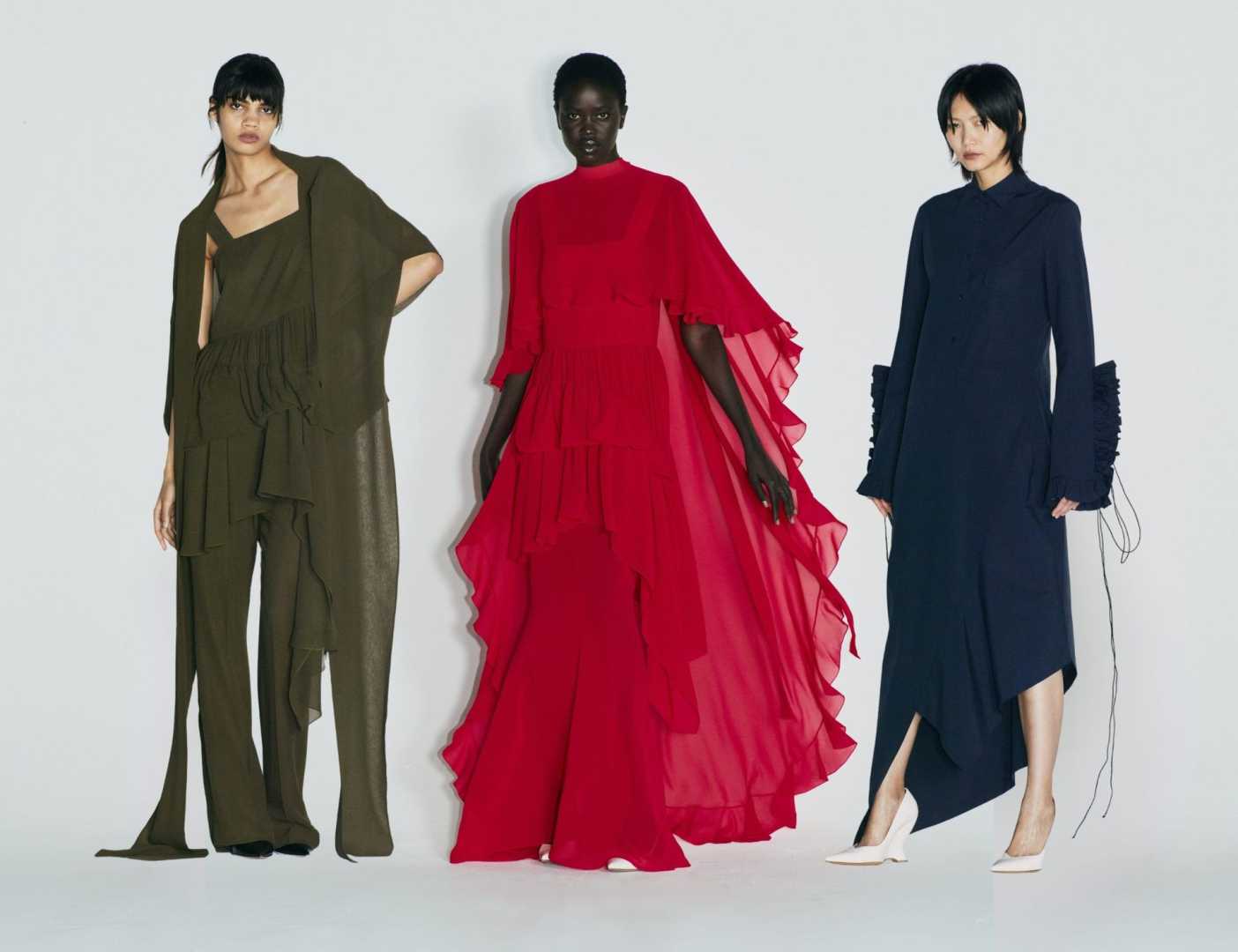Business
Ramadan Fashion Trend: Luxury Brands Embrace Modesty

SYDNEY, Australia — As the holy month of Ramadan approaches, fashion brands are increasingly capitalizing on the season’s emphasis on modesty and spirituality. Australian designers are drawing inspiration from renowned luxury labels such as Louis Vuitton, Dior, and Alexander McQueen to expand their modest dress offerings during this time of fasting and prayer.
Flowing gowns with long sleeves, high necklines, ankle-grazing trousers, and roomy tunics are becoming staples in collections aimed at the Ramadan market. In response to feedback from customers and buyers in the Middle East, Australian brand Acler has launched a Ramadan capsule collection available at department stores in the United Arab Emirates, Kuwait, and Australia.
“Ramadan is a season of giving, celebration, and family, and we wanted to design a collection that honors these values,” said Acler Chief Executive Julia Sumner. “We have customers everywhere who are interested in more modest pieces. But last year, the Middle East overtook Australia as our second-largest wholesale market.” The U.S. remains Acler’s largest market.
Sumner emphasized that the capsule is part of a wider commitment to inclusivity, stating, “We aim to create garments that allow women to feel their best, no matter the occasion.” The global modest dressing market is projected to grow this year, leading other Australian labels to introduce evening-wear options that prioritize coverage without revealing cut-outs or cleavage.
Designer Rebecca Vallance noted an increase in demand for extravagant dresses ahead of Ramadan, particularly through luxury e-tailer Farfetch, where 38% of purchases come from the evening gown category. Vallance reported a staggering 500% increase in UAE orders from her label since last year.
Another notable brand, Aje, has included modest pieces in its recent collections and previously offered an Eid Edit for celebrations marking the end of Ramadan. Sydney-based designer Rachel Gilbert has also created a dedicated Ramadan wardrobe section on her website.
For many Muslim women, the acknowledgment by luxury brands and the portrayal in stylish, glamorous Ramadan advertisements signify a positive shift in the media landscape. “It does pique our interest because for so long we didn’t feel that it was there,” said Dr. Susan Carland, a sociologist of religion at Monash University. “For a long time, we either weren’t acknowledged at all or if we were, it was negatively.”
Dr. Carland noted that the commodification of religion has become commonplace, drawing a parallel between the commercialization of Islamic observances and the way Christmas has been marketed in Australia. “It’s like we really belong now. Our religion has been commodified, but it also reflects market demand,” she added.
As Ramadan continues to secure its place on the luxury fashion calendar, Dr. Carland cautioned about the potential challenges ahead, suggesting that maintaining high luxury standards could be difficult. “In 10 years’ time, we may be talking about the rise of the ugly Ramadan sweater,” she quipped.












